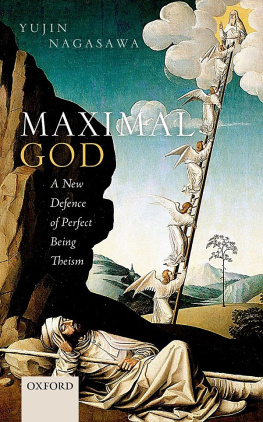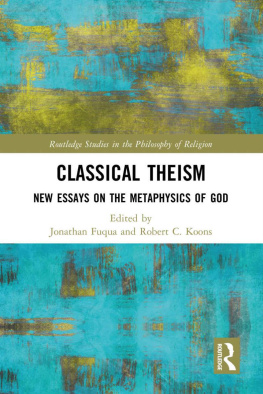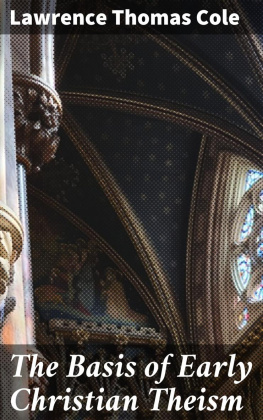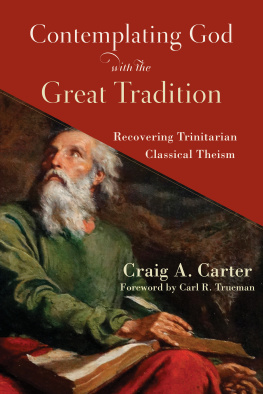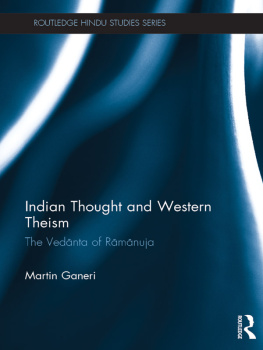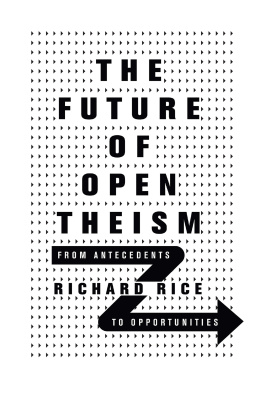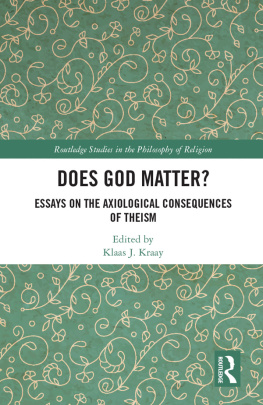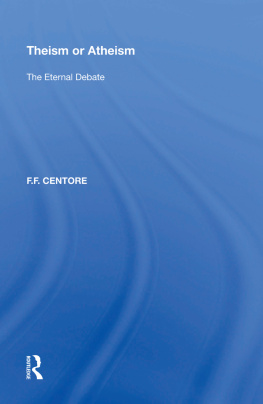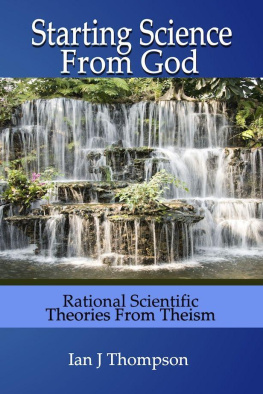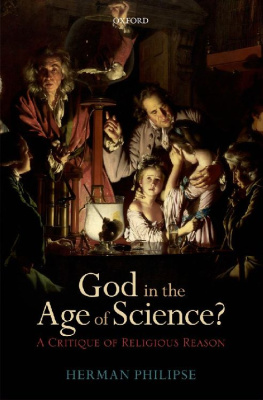Oxford University Press is a department of the University of Oxford. It furthers the Universitys objective of excellence in research, scholarship, and education by publishing worldwide. Oxford is a registered trade mark of Oxford University Press in the UK and in certain other countries
All rights reserved. No part of this publication may be reproduced, stored in a retrieval system, or transmitted, in any form or by any means, without the prior permission in writing of Oxford University Press, or as expressly permitted by law, by licence or under terms agreed with the appropriate reprographics rights organization. Enquiries concerning reproduction outside the scope of the above should be sent to the Rights Department, Oxford University Press, at the address above
You must not circulate this work in any other form and you must impose this same condition on any acquirer
Published in the United States of America by Oxford University Press 198 Madison Avenue, New York, NY 10016, United States of America
Links to third party websites are provided by Oxford in good faith and for information only. Oxford disclaims any responsibility for the materials contained in any third party website referenced in this work.
Acknowledgements
I read parts of this book, at various stages of development, at conferences and workshops, including: the Belief and Metaphysics Conference in Granada; the Eighth Biannual Conference of the British Society for the Philosophy of Religion at Lady Margaret Hall, Oxford; the Fourth Annual Philosophy of Religion Conference at Baylor University; the Metaphysics and Philosophy of Religion Workshop at the University of Texas at San Antonio; the Ontological Proofs Today Conference at Kazimierz Wielki University; and the Philosophical Theology Workshop at Kings College, London. They were also read at seminars at many universities including the University of Barcelona; the University of Birmingham; the University of Cambridge; the University of Edinburgh; the University of Heidelberg; Heythrop College, the University of London; the University of Liverpool; the University of Nottingham; Oriel College, the University of Oxford; Oxford Brookes University; the University of Reading; the State University of New York at Stony Brook; the University of Texas, Austin; and the University of York.
I would like to thank the following people for helpful comments and suggestions: Robert Adams, Keith Allen, Michael Almeida, Nader Alsamaani, Maria Rosa Antognazza, Helen Beebee, Toby Betenson, John Bishop, Einar Bohn, Lisa Bortolotti, Joshua Brown, Andrei Buckareff, Elizabeth Burns, Darragh Byrne, David Cheetham, Sarah Coakley, John Cottingham, Ben Curtis, Dorothea Debus, Jamie Dew, Petr Dvok, Eric Eck, John Edge, Nikk Effingham, David Efird, Marius Felderhof, Peter Forrest, Philip Goff, Tyron Goldschmidt, John Haldane, Douglas Hedley, John Hick, Daniel Hill, Robert Koons, Klaas Kraay, Robert Lawrence Kuhn, Jonathan Kvanvig, Iain Law, Brian Leftow, Gary Mar, Tim Mawson, Chad Meister, Thaddeus Metz, Peter Millican, Dan OBrien, David Oderberg, Graham Oppy, Ken Perszyk, Alexander Pruss, Michael Rea, Michael Ridge, Constantine Sandis, Martin Smith, Eric Steinhart, Tom Stoneham, Bart Streumer, Scott Sturgeon, Richard Swinburne, Emily Thomas, Patrick Todd, Nick Trakakis, Joss Walker, and Ed Wierenga. I am particularly indebted to the following people for detailed written comments: William Barnett, Tom Flint, Joseph Jedwab, Ian Logan, Peter Millican, Graham Oppy, James Orr, Edward Wierenga, and anonymous readers for Oxford University Press. Apologies to those I may have omitted.
This book project was supported by a summer stipend offered by the Classical Theism Project at the University of St. Thomas directed by Gloria Frost and Tim Pawl and funded by the John Templeton Foundation. I am grateful for their generous support. I would also like to thank the University of Birmingham for allowing me to complete this book on my sabbatical. I am also grateful to Matthias Butler, Peter Momtchiloff, and their team at the Oxford University Press for their impeccable editorial support.
Several parts of this book draw upon previously published material of mine: Millican on the Ontological Argument, Mind 116, 2007, pp. 102740; A New Defence of Anselmian Theism, Philosophical Quarterly 58, 2008, pp. 57796; The Ontological Argument and the Devil, Philosophical Quarterly 60, 2010, pp. 7291; Anselmian Theism, Philosophy Compass 6, 2011, pp. 56471; Is There a Shallow Logical Refutation of the Ontological Argument?, European Journal for Philosophy of Religion 4, 2012, pp. 8799; and Models of Anselmian Theism, Faith and Philosophy 30, 2013, pp. 325. I would like to thank the publishers of these journals for allowing me to use the material here.
Finally, a word of thanks should also go to my family and friends for their love and support.
Contents
See, through this air, this ocean, and this earth,
All matter quick, and bursting into birth.
Above, how high, progressive life may go!
Around, how wide! how deep extend below?
Vast chain of being! which from God began,
Natures ethereal, human, angel, man,
Beast, bird, fish, insect, what no eye can see,
No glass can reach; from Infinite to thee,
From thee to nothing.On superior powers
Were we to press, inferior might on ours;
Or in the full creation leave a void,
Where, one step broken, the great scales destroyd:
From Natures chain whatever link you strike,
Tenth or ten thousandth, breaks the chain alike.
Alexander Pope, Essay on Man
I do not remember how it happened, but when I was around fifteen years old I suddenly became fascinated by the existence of concepts, ideas, and thoughts. These elements of mental life are intangibleyou cannot see or touch them. Yet they have power to make people happy, sad, and even angry. They could make a couple get married but they could just as easily cause a war between countries. This seemed to me to be a mystery. I then wondered: Among uncountably many concepts, which one is the greatest? I wanted to find out the answer because I thought that I would feel comforted in conceiving such a concept. Is the greatest concept love, truth, or beauty? My tentative conclusion then was that whatever it is, it must be the concept of something that is truly incredible.
One day a mathematics teacher told me that there are proofs not only in mathematics but also in philosophy, and that there are indeed such things as philosophical proofs of the existence of God. I was excited to hear thisI did not know that the existence of God could be proved in the way that mathematical statements are proved. I went home and looked this up in an encyclopaedia. It turned out that what my teacher called proofs of the existence of God were not exactly proofs with mathematical precision, but arguments for the existence of God. (In defence of the teacher, Immanuel Kant and many other philosophers have used the term proof in this context.) Among various arguments for the existence of God introduced in the encyclopaedia, I was particularly impressed by the ontological argument, which was originally introduced by Anselm of Canterbury in the eleventh century. The ontological argument is based on the concept of God as the being thing than which no greater is conceivable, which seemed to me to be the greatest conceptthe very concept that I had been looking for. By appealing to this concept, Anselm develops a purely a priori argument for the existence of God. If Anselms argument is sound, then we do not need any scientific investigation or empirical observation to derive the existence of God. We can sit down in an armchair and demonstrate through a mental exercise alone that God, as the being than which no greater is conceivable, exists in reality. I found it astonishing. I thought this could possibly be humanitys greatest discovery and, hence, I was puzzled as to why people do not talk about it all the time. (And I am still puzzled!) I had thought that if I could pinpoint the greatest concept, that would be a significant achievement. Anselm has not only discovered such a concept but also claims to have invented an argument for the existence of the very thing to which the concept refers.

